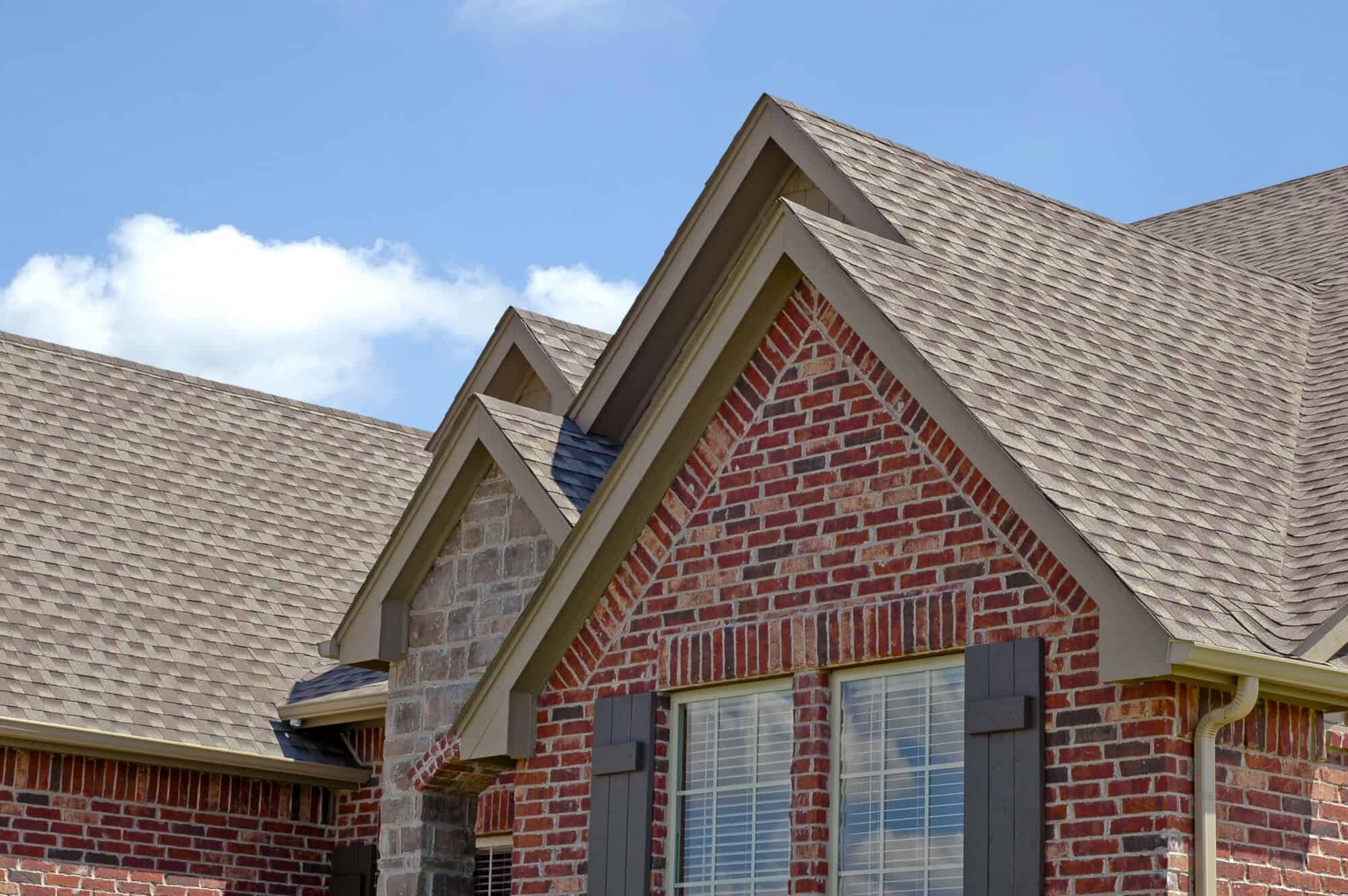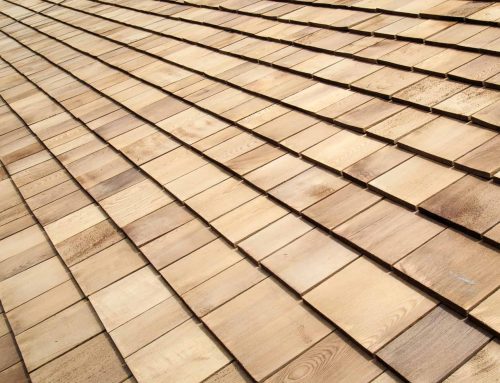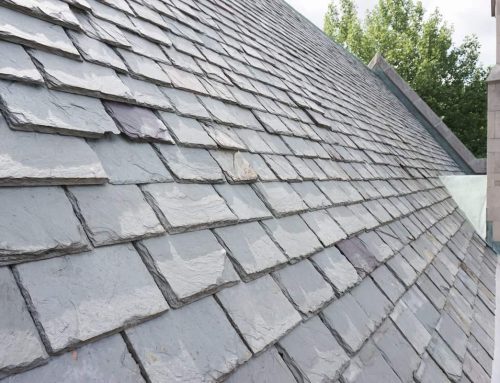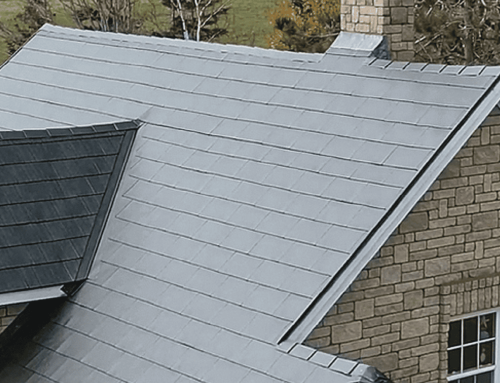Your roof is one of your home’s most critical components, silently protecting your family and belongings from the elements year after year. In Toronto’s challenging climate, where freezing winters give way to hot, humid summers and everything in between, understanding your roof’s expected lifespan isn’t just helpful—it’s essential for making informed decisions about one of your largest home investments.
Roof Lifespans in Toronto’s Climate
Asphalt Shingles
- 3-tab shingles: 15-20 years
- Architectural shingles: 20-25 years
- Premium shingles: 25-30 years
Metal Roofing
- Steel roofing: 40-50 years
- Aluminum roofing: 50-70 years
Natural Materials
- Cedar shakes/shingles: 20-30 years
- Natural slate: 75-150+ years
Synthetic/Composite
- Synthetic slate: 30-50 years
- Composite cedar: 25-40 years
Key Toronto Climate Factors:
- Freeze-thaw cycles reduce all roof lifespans
- Heavy snow loads create structural stress
- Ice dams can cause premature failure
- UV exposure and severe storms accelerate wear
The lifespan of your roof depends on several interconnected factors: the materials used, the quality of installation, local weather conditions, and how well you maintain it over time. While a roof in Arizona might last significantly longer than advertised due to minimal weather stress, Toronto homeowners face unique challenges that can either extend or dramatically reduce their roof’s expected life.
Understanding Toronto’s Impact on Roof Longevity
Toronto’s climate presents a perfect storm of roofing challenges that homeowners across the GTA know all too well. The city experiences dramatic temperature swings, with winter lows plunging below -20°C and summer highs reaching well above 30°C. This constant expansion and contraction of roofing materials creates stress that gradually weakens even the most durable systems.
The freeze-thaw cycle is particularly destructive in the Toronto area. When snow melts during brief winter warm spells, water can seep into small cracks or under shingles. When temperatures drop again, this water freezes and expands, widening gaps and creating entry points for future moisture. This cycle repeats dozens of times each winter, accelerating wear that might take years to develop in more stable climates.
Heavy snow loads add another layer of stress. Toronto typically receives between 100-150 cm of snow annually, and during particularly harsh winters, the accumulated weight can strain roofing structures. Ice dams, formed when heat escapes through the roof and melts snow that then refreezes at the eaves, can cause significant damage to both roofing materials and the underlying structure.
Summer brings its own challenges, with intense UV radiation that breaks down roofing materials over time, combined with severe thunderstorms that can deliver damaging hail, high winds, and torrential downpours. These weather events can cause immediate damage or contribute to the gradual deterioration that shortens roof life throughout the GTA.
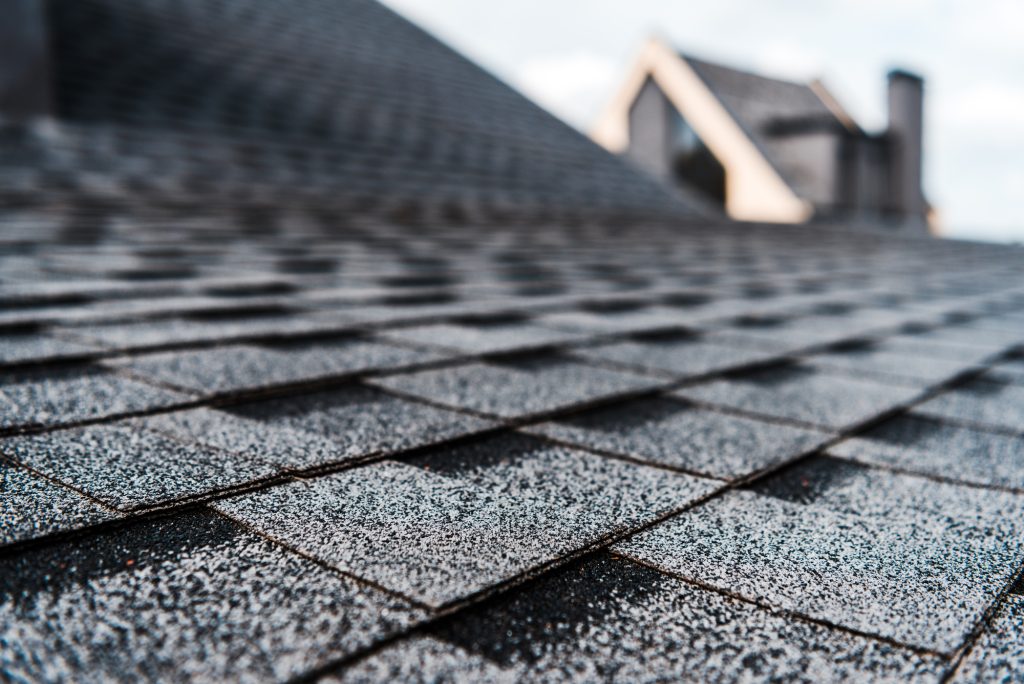
Asphalt Shingles: The Popular Choice
Asphalt shingles dominate Toronto’s residential roofing market, and for good reason. They offer an attractive balance of affordability, performance, and aesthetic appeal that suits most homeowners’ needs and budgets. In Toronto’s climate, quality asphalt shingles typically last 15-25 years, though this range can vary significantly based on several factors.
Three-tab shingles, the most basic option, generally provide 15-20 years of service in the GTA. These shingles are lightweight and economical but offer less protection against Toronto’s harsh weather conditions. Architectural or dimensional shingles, which are thicker and more durable, typically last 20-25 years and provide better wind resistance—an important consideration given Toronto’s frequent storms.
The key to maximizing asphalt shingle life in Toronto lies in proper installation and maintenance. Shingles must be installed with adequate ventilation to prevent ice dam formation, and regular inspections should catch minor issues before they become major problems. High-quality shingles with good granule retention will better withstand Toronto’s UV exposure, while proper attic insulation and ventilation help minimize the damaging freeze-thaw cycles.
Premium asphalt shingles designed for harsh climates can push the upper end of this range, sometimes lasting 25-30 years with proper care. However, homeowners should be realistic about Toronto’s impact—even the best asphalt shingles will show wear more quickly here than in milder climates.

Metal Roofing: Built for Toronto’s Extremes
Metal roofing has gained significant popularity among Toronto homeowners, and the reasons become clear when you consider the local climate challenges. A properly installed metal roof can last 40-70 years in the GTA, making it an excellent long-term investment despite the higher upfront cost.
Steel roofing, typically coated with zinc or aluminum for corrosion resistance, represents the most popular metal option in Toronto. These roofs generally last 40-50 years and excel in shedding snow and ice, reducing the load stress that can damage other roofing types. Aluminum roofing offers superior corrosion resistance and can last 50-70 years, though it comes at a premium price point.
The benefits of metal roofing in Toronto’s climate are substantial. Metal roofs handle temperature fluctuations better than most materials, expanding and contracting without the cracking issues that plague other options. They’re virtually impervious to ice dam damage, as their smooth surface and excellent heat conduction prevent the conditions that create dams in the first place.
Snow slides off metal roofs more readily, reducing structural stress and eliminating the need for dangerous roof snow removal. The reflective properties of metal roofing also help reduce cooling costs during Toronto’s hot summers, while the material’s durability means it can withstand severe weather events that might damage other roofing types.
However, metal roofing isn’t without considerations in the Toronto market. Proper installation is crucial—expansion joints must be correctly placed to handle temperature movement, and the roof structure may need reinforcement in some cases. While the longevity makes metal roofing cost-effective over time, the initial investment can be 2-3 times higher than asphalt shingles.
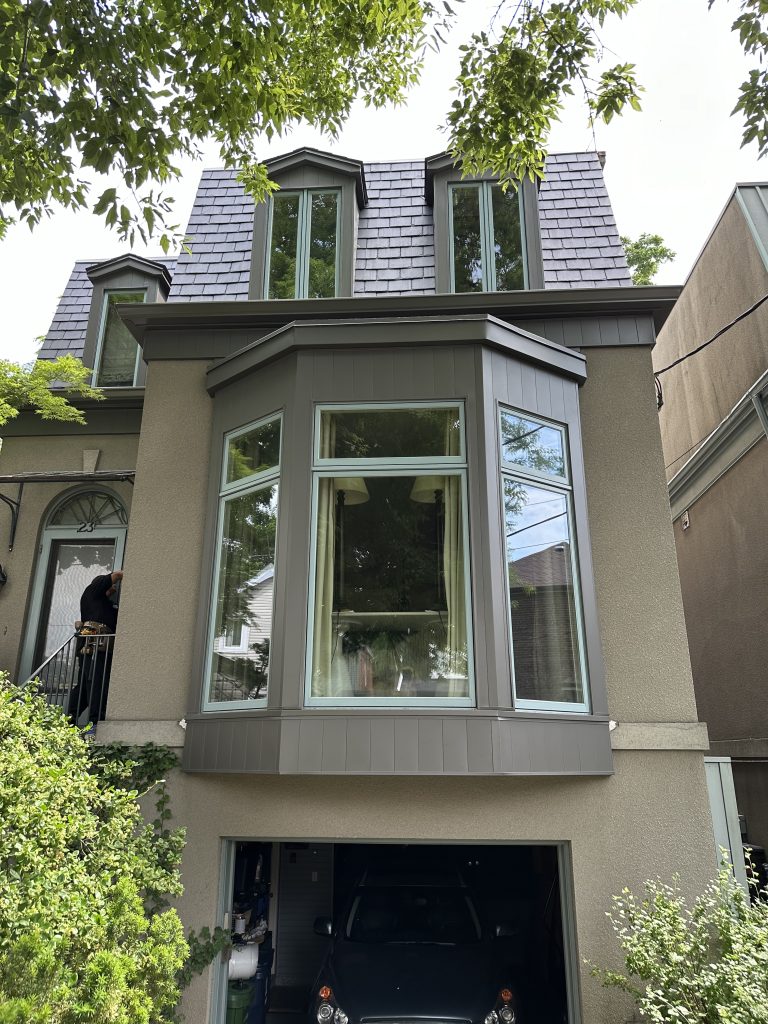
Natural Materials: Slate and Cedar
For Toronto homeowners seeking premium, long-lasting roofing options, natural slate and cedar offer unmatched durability and aesthetic appeal, though they come with specific considerations for our local climate.
Natural slate roofing represents the pinnacle of roofing longevity, with properly installed slate roofs lasting 75-150 years or more in Toronto’s climate. Welsh slate, considered the gold standard, can easily outlast multiple generations of homeowners. The material’s density and low porosity make it virtually impervious to freeze-thaw damage, while its natural composition resists UV degradation.
However, slate roofing in Toronto requires expertise in both installation and maintenance. The material’s weight—often 3-4 times heavier than asphalt shingles—may require structural reinforcement of older homes. Quality slate installation is crucial, as improper techniques can lead to premature failure despite the material’s inherent durability. When maintained properly, with periodic inspections and replacement of damaged tiles, slate roofs provide unmatched longevity in the GTA.
Cedar shake and shingle roofs offer a different appeal, providing natural beauty and excellent insulation properties. In Toronto’s climate, cedar roofing typically lasts 20-30 years when properly maintained. The material’s natural oils provide resistance to insects and decay, while its cellular structure offers superior insulation compared to other roofing materials.
Cedar’s performance in Toronto depends heavily on maintenance and proper installation. The wood must be allowed to dry completely between weather events to prevent rot, making adequate ventilation crucial. Regular treatments with wood preservatives can extend life, while prompt replacement of damaged shakes prevents water infiltration that can compromise the entire system.
Synthetic and Composite Alternatives
Modern synthetic and composite roofing materials offer Toronto homeowners the aesthetic appeal of natural materials with enhanced durability and lower maintenance requirements. These engineered solutions address many of the challenges that natural materials face in Toronto’s demanding climate.
Synthetic slate, manufactured from recycled rubber and plastic materials, provides the appearance of natural slate while weighing significantly less and offering superior impact resistance. In Toronto’s climate, quality synthetic slate can last 30-50 years while providing better resistance to freeze-thaw damage than some natural stone options. The material won’t crack from thermal movement and handles Toronto’s hail storms better than traditional slate.
Composite cedar shakes, made from a mixture of wood fibers and synthetic materials, offer the rustic appeal of cedar with enhanced durability. These products typically last 25-40 years in the GTA while requiring less maintenance than natural cedar. They resist splitting, warping, and insect damage while maintaining the insulation properties that make cedar attractive to Toronto homeowners.
The advantages of synthetic materials in Toronto include consistent quality, lighter weight that doesn’t require structural modifications, and resistance to the specific weather challenges our region presents. Many synthetic products come with longer warranties than their natural counterparts and require minimal maintenance to achieve their expected lifespan.
However, synthetic materials do have limitations. While they mimic natural materials well, the aesthetic isn’t identical, which may concern homeowners seeking authentic appearance. Additionally, the long-term performance data for some newer synthetic products is still being established, though early results are promising for Toronto’s climate conditions.
Maximizing Your Roof’s Lifespan in Toronto
Regardless of the roofing material you choose, several key strategies can help maximize your roof’s lifespan in Toronto’s challenging climate. Regular maintenance and proactive care often make the difference between a roof that reaches its expected lifespan and one that fails prematurely.
Professional inspections should occur at least twice yearly—once in late fall to prepare for winter and again in spring to assess winter damage. These inspections should include checking for loose or damaged materials, ensuring proper ventilation, and verifying that gutters and downspouts are functioning correctly. In Toronto’s climate, ice dam prevention through proper insulation and ventilation is crucial for extending roof life.
Prompt repairs are essential in our climate. Small issues like a few loose shingles or minor flashing problems can quickly become major damage when subjected to Toronto’s freeze-thaw cycles. Water infiltration that might be minor in drier climates can cause significant structural damage during our harsh winters.
Keeping gutters and downspouts clear and functional protects not just the roof but the entire building envelope. Proper drainage prevents water backup that can damage roofing materials and create ice dam conditions. Regular cleaning and maintenance of these systems is particularly important in Toronto, where falling leaves and winter ice can create blockages.
Making the Right Choice for Your Toronto Home
Choosing the right roofing material for your Toronto home involves balancing several factors: your budget, aesthetic preferences, long-term plans, and tolerance for maintenance requirements. While premium materials like slate or metal offer superior longevity, they require larger upfront investments that may not suit every homeowner’s situation.
For most Toronto homeowners, architectural asphalt shingles provide an excellent balance of cost, performance, and aesthetic appeal. When properly installed and maintained, they offer reliable protection for 20-25 years at a price point that fits most budgets. Homeowners planning to stay in their homes long-term might consider the superior longevity of metal roofing or synthetic alternatives, which can provide better value over time despite higher initial costs.
Climate considerations should heavily influence your decision. Toronto’s freeze-thaw cycles, heavy snow loads, and severe weather events favor materials that handle temperature fluctuations well and resist impact damage. The best roofing choice for your specific situation depends on your home’s architecture, structural capacity, and your priorities regarding longevity, maintenance, and cost.
When evaluating new roofing options, consider the total cost of ownership rather than just the initial installation cost. A roof that lasts twice as long effectively costs half as much per year, even if the upfront investment is higher. Factor in maintenance requirements, energy efficiency benefits, and the potential need for structural modifications when making your decision.
Protecting Your Investment
Your roof represents a significant investment in your home’s protection and value. In Toronto’s demanding climate, making informed decisions about materials, installation, and maintenance can mean the difference between decades of reliable service and premature replacement costs.
Contact Ontario Downspout Service today to learn more about your roofing options, we serve Toronto and the entire GTA.

